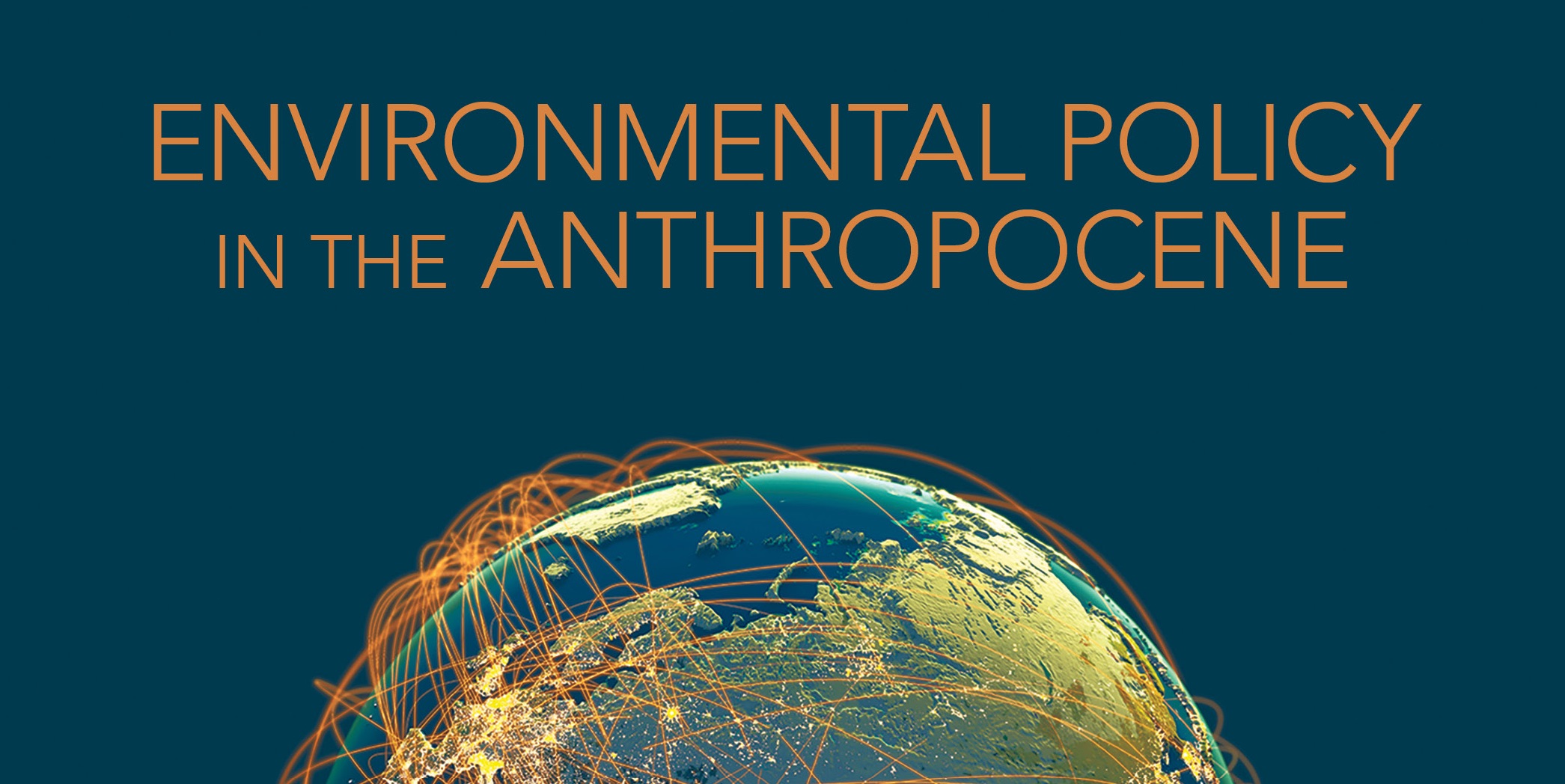Published in Environmental Policy in the Anthropocene (PERC, 2016). Download the full chapter here.
For the last few decades, ecosystem services have been a popular theme in conservation policy. By preserving or restoring areas of natural habitat, the argument goes, important goods and services such as clean air and water, flood control, and crop pollination will be provided to society. Those goods and services, if properly accounted for, may even be worth enough to justify the protection of the forests, grasslands, wetlands, and other ecosystems that provide them.
It is not surprising that the logic of ecosystem services has struck a chord. To some, the appeal of ecosystem services is that all the environmental benefits that “the market” has purportedly failed to account for might now be factored into public and private decision-making. To others, the possibility of structuring payments for ecosystem services that assign and respect property rights, and bringing the power of that same “market” to bear, may seem equally appealing.
But the situation is not as simple as these caricatures might suggest. If it is just a matter of structuring payments for the delivery of services of known and agreed value, it is difficult to explain why so much public-sector effort is being put into studying ecosystem services and enhancing their provision.
Public sector entities are, however, deeply involved in such efforts. An alphabet soup of multinational organizations is engaged, including TEEB (the Economics of Ecosystems and Biodiversity, funded by the European Commission, United Nations, and others), WAVES (Wealth Accounting for the Value of Ecosystem Services, a World Bank program), and IGPBES (Intergovernmental Platform on Biodiversity and Ecosystem Services, funded by several United Nations programs). National governments are also becoming more involved in ecosystem service valuation. The United Kingdom is undertaking a National Ecosystem Assessment that includes, among other aspects, the valuation of several ecosystem services. In the United States, all executive branch departments and agencies are now directed to “develop and institutionalize policies to promote consideration of ecosystem services… and, where appropriate, monetary or nonmonetary values for those services.” Even before this directive was issued, the Environmental Protection Agency, Department of Agriculture, U.S. Geological Survey, and the National Oceanic and Atmospheric Administration had each initiated programs on ecosystem services.
What motivates public policy toward ecosystem services? One common answer is that the services afforded by natural ecosystems are, by and large, public goods. Since public goods will not be efficiently allocated by private actors, public policy is required. But some commonly cited ecosystem services are not necessarily public goods. And even if some ecosystem services are public goods, it is not always clear that they serve large enough populations to justify using national governments, let alone international organizations, to allocate them efficiently.
Information is a public good. So perhaps a better argument for large-scale public involvement in ecosystem service policy is that government provision of research will be required to determine the proper values of ecosystem services. But this raises the question: What is such research likely to find? Are ecosystem services really so valuable that an appreciation for them would motivate us to forgo alternative uses of the areas that provide them?
Despite the accumulation of writing on the topic, there continues to be a surprising dearth of reliable evidence on the value of ecosystem services. If compelling cases have not yet been made for their values, one might reasonably ask whether there ever will be. Many approaches to the valuation of ecosystem services remain controversial and are unlikely to ever be wholly convincing. At the same time, as this essay will discuss, simple arguments suggest that the value of many ecosystem services may be relatively modest in most times and places. Moreover, the exceptions may prove the rule: While it may seem paradoxical, the value of ecosystem services might be highest when the incentives they provide for conservation are modest.
If after years of effort and thousands of articles, we have so little compelling evidence concerning the value of ecosystem services, why has interest remained so high? Some historical context is useful in answering this question. The current enthusiasm for ecosystem services is best understood as an episode in a century-long debate between what we might call “nature-for-nature’s-sake” conservationists and those who seek to motivate conservation by appealing to instrumental arguments. The new twist in the ecosystem services literature is that some who sympathize with the “nature-for-nature’s-sake” argument seem to have adopted the instrumental approach as a sort of reluctant expedient. Having conceded that they will not succeed by appealing to the intrinsic merits of conservation, this new group hopes to salvage a partial victory by making more pragmatic arguments for conservation based on ecosystem services.
This perspective raises important questions, and I will conclude this essay by posing if not resolving them. First, do conservation advocates who champion an ecosystem-services approach intend for their arguments to be taken literally? Second, if advocates propose ecosystem service-based arguments in pursuit of ulterior motives, can policymakers be assured that conservation is conducive to community development and well-being? Third, does the ecosystem-services approach to conservation envision a world of human communities that is so closely integrated with ecosystem processes that ecosystems themselves are necessarily diminished as a result? In other words, does the ecosystem services paradigm mistakenly presume that the best way to conserve nature is to use it for its goods and services?
All in all, the value of ecosystem services has not been sufficiently demonstrated. Furthermore, a compelling case has yet to be made that public intervention is required to assure adequate areas are set aside to provide ecosystem services. Will more research resolve the issue? I am not optimistic. Perhaps the most important policy question to ask is the most fundamental: What is it that we as a society wish to save of nature? If we can agree to an answer to that question—admittedly a big “if”—we can better determine what policies will most effectively take us toward the goal.




